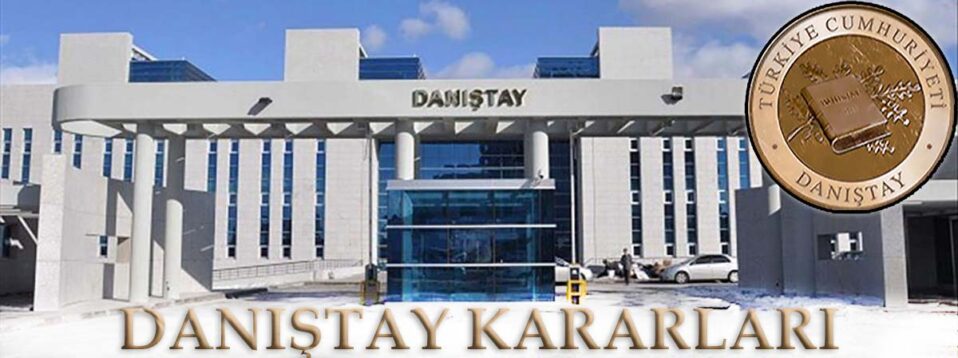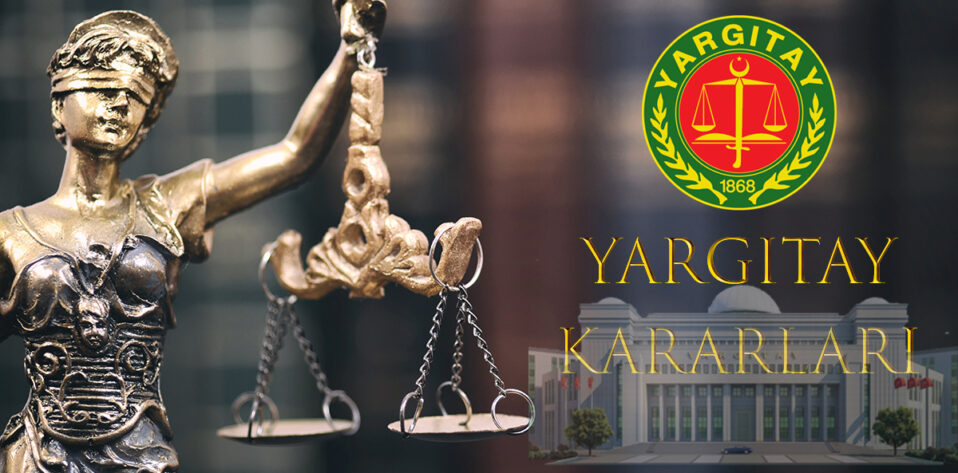7th ICC European Conference on International Arbitration
Rethinking Dispute Resolution
2023 marks the centenary of the ICC Court. In reflecting on the ways to resolve and prevent disputes in the future, we explore how dispute resolution can be reimagined and consider the risks that may accompany this transition
27 Mart 2023
| 08:00 – 09:00 | Registration and welcome coffee |
| 09:00 – 09.45 | Official Opening of Paris Arbitration Week
Introduction Opening Speech of Paris Arbitration Week
|
| 10:00 – 10:40 | Fireside Chat: Connecting the dots between business, technology, and dispute resolution in the 21st century
|
| 10:40 – 11:00 | Introductory Speech of the 7th ICC European Conference
|
| 11:00 – 11:40 | Coffee break |
| 11:40 – 12:30 | Session 1: Building Bridges: Crafting a blueprint for the future of dispute resolution
This panel will explore ways to reimagine and reshape arbitration and other alternative forms of dispute resolution to maximize their success in the next 100 years. We will discuss the potential opportunities that could result from rethinking traditional methods of resolving disputes, such as developing more user-friendly approaches that make the process more efficient, utilising technology, and incorporating innovative strategies to make the process accessible to a wider range of people – all while maintaining the ICC’s focus on the resolution of complex high-stake disputes through arbitration. We will also examine the regulations and laws that must be put in place to ensure the success of this new approach, as well as ways to maintain the underlying principles of dispute resolution in a modernized setting. In addition, we will discuss the role that dispute prevention can play in the future. Finally, we will consider the potential implications of these changes for the future of dispute resolution, both within the legal system and beyond.
Chaired by:
|
| 12:30 – 13:00 | Discussion |
| 13:00 – 14:30 | Lunch |
| 14:30 – 16:00 | Session 2: Crossing Pitfalls: Navigating arbitration’s potential risks and challenges
This panel will examine some of the risks and challenges that arbitration may face in the future. Expect a lively discussion about the potential risks and pitfalls that arbitration may encounter in the coming years and how we can navigate these challenges. The panel will delve into four key topics in detail, with two diverse panelists addressing each topic. This will provide attendees with the opportunity to gain insights from a diverse range of perspectives and experiences. Arbitral reform: What legislative changes to the current system of arbitration and dispute resolution are being proposed or considered, and how could they impact the future of arbitration? We will consider how to ensure that any reforms are effective and fair, while also preserving the integrity of the arbitral process.
Chaired by:
|
| 16:00 – 16:30 | Coffee break |
| 16:30 – 17:30 | Session 3: The Energy Transition: Navigating risks in a rapidly evolving industry
As the energy industry undergoes a transformative shift from fossil fuels to clean energy, it is faced with both unprecedented disruptions and opportunities. This panel will explore the risks and challenges that come with the energy transition, including the adoption of renewable energy sources, the implementation of energy storage solutions, and the influence of policy on its success. In addition, we will examine the potential for disputes in this rapidly evolving industry and discuss strategies for preventing and resolving conflicts related to the energy transition.
Chaired by:
|
| 17:30 – 17:50 | Discussion |
| 17:50 – 18:00 | Closing Remarks
|
29 Mart 2023
The Conduct of the Proceedings and Case Management: the Arbitrator’s Perspective
| 09.00 – 09.15 | Welcoming address and introduction | |||||||
| 09.15 – 09.30 | Active case management techniques
From the very outset of the arbitration, the tribunal has to actively assist the parties in organizing and streamlining the conduct of the proceedings. During this session, participants will learn and discuss both from a theoretical and a practical standpoint effective case management techniques. These will include issues related to drafting the terms of reference, preparing and conducting case management conferences, and adopting procedural timetables. |
|||||||
| 09.30 – 10.00 | Effective management of arbitration: an ICC perspective
During this session participants will be provided with ICC insights and best practices on various active management techniques. |
|||||||
| 10.00 – 11.00 | Case scenarios on active case management techniques and debate | |||||||
| 11.00 – 11.15 | Coffee Break | |||||||
| 11.15 – 11.45 | Arbitrators’ authority: scope and limits
The notion of ‘authority of the arbitral tribunal’ is a complex and multifaceted one which plays a key-role in the creation of a suitable framework for the arbitration. It involves both the relationship between the arbitrators as well as the tribunal’s relationship with counsel and raises challenging questions. Among others: how far a dissenting opinion can go and still be effective and appropriate; what is the scope of the tribunal’s authority to sanction counsel’s wrongful conduct; what types of sanctions are available? |
|||||||
| 11.45 – 12.45 | Case scenarios on arbitrators’ authority: scope and limits and debate | |||||||
| 12.45 – 14.15 | Lunch | |||||||
| 14.15 – 14.45 | Allowing additional claims and parties
One of the aspects of the growing complexity of international commercial arbitration cases is the increasing number of arbitrations involving multiplicity of parties, including non-signatory parties, claims and cross-claims, and multi-contract disputes. This session will address the main pitfalls as well as the challenging jurisdictional matters that arbitrators face when confronted with complex arbitrations. |
|||||||
| 14.45 – 15.30 | Case scenarios on allowing additional claims and parties and debate | |||||||
| 15.30 – 15.45 | Coffee Break | |||||||
| 15.45 – 16.15 | Managing the exchange of information
Obtaining and presenting information is of paramount importance when preparing an international commercial arbitration case. The mission of the arbitral tribunal lies in managing such exchange of information, taking into consideration the different cultural legal approaches of the parties and their counsel and the particular circumstances of each case. Participants will learn how arbitrators should deal with issues such as: the management of electronically stored information; the preservation of the confidentiality of information and related issues of applicable law; protection of trade, technological and commercial secrets; privacy of the arbitral proceedings; and ethical conduct of the parties. |
|||||||
| 16.15 – 17.05 | Case scenarios on managing the exchange of information and debate | |||||||
| 17.05 – 17.15 | Concluding remarks | |||||||
![]()




